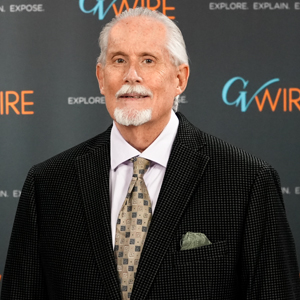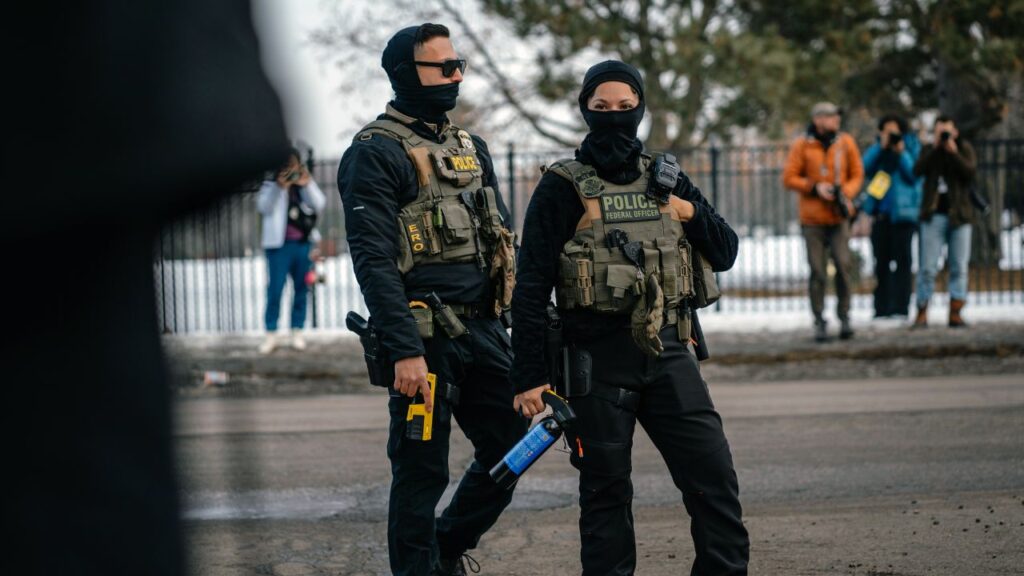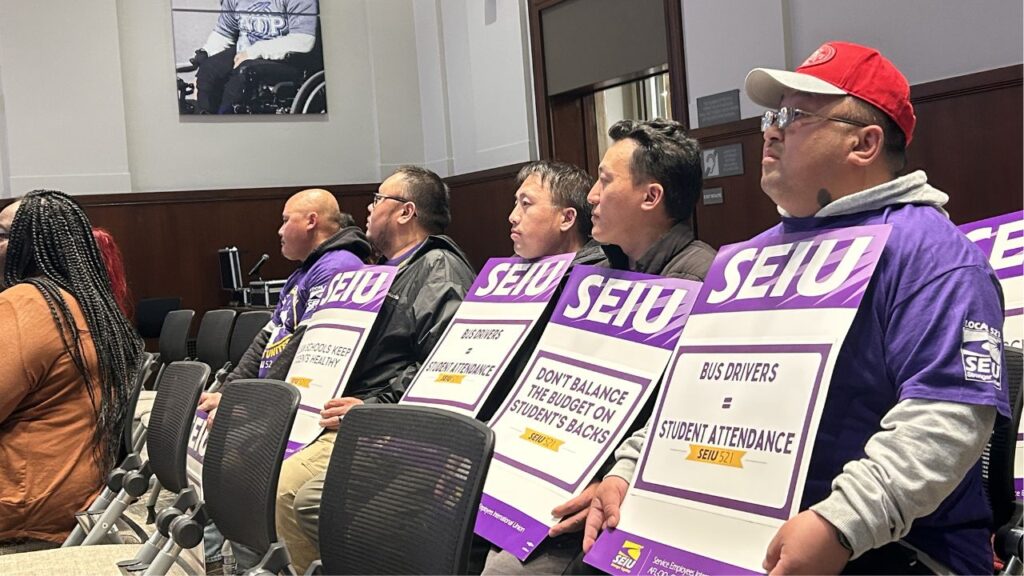Share
Even as local leaders marshal more resources and team up to tackle homelessness, the number of people living on the streets of Fresno has climbed 45%.
Listen to this article:
That’s the big takeaway from Wednesday’s announcement of the point-in-time homeless count conducted in late January in Fresno and Madera counties.
This year’s snapshot of homelessness indicated there were 3,641 homeless people, including 960 in shelters.
That compares to 2,508 homeless people — 439 in shelters — in 2019.
“We did experience a significant increase” in homelessness, said Laura Moreno, chair of the Fresno Madera Continuum of Care, during a Zoom news conference.
738 People Obtain Permanent Housing
But the count mandated by HUD doesn’t tell the whole story.
By adding emergency beds and permanent housing, and expanding outreach to homeless people, local agencies enabled 738 people to move into permanent housing.
Another 246 residents moved off the streets into temporary arrangements such as living with friends.
Last year, the Fresno-Madera homeless population rose by about 350.
Fewer Homeless People in Madera
In good news, the city of Madera saw a decline in homelessness, with 11 fewer people on the streets or in shelters than in 2019.
“Homelessness continues to be the No. 1 issue in California,” said Fresno Mayor Lee Brand. “We must make the effort to secure more funding. We need bold ideas and the full cooperation of everyone.”

Magsig: Everyone’s on the Same Page
Fresno County Supervisor Nathan Magsig said that the city, county, and nonprofits are teaming up to “meet the homeless right where they’re at” and providing services critical to getting them into housing. This help includes substance-abuse treatment, mental-health services, and job training.
Brand concurred, saying “the cooperation between city and county is much better than other big cities in California.”
That hasn’t always been the case.
Things started to change after Fresno found itself in the national spotlight two years ago. That’s because it had a higher percentage of “unsheltered people” (those living in conditions the government says aren’t “suitable for human habitation”) than any other big U.S. city.
After years of not adding emergency beds, city and county officials began to address the shortcoming.
COVID-19 Brings New Challenges
The COVID-19 pandemic is the latest challenge. One that will explode if rent relief ends and people are evicted. Or the economy doesn’t rebound and double-digit unemployment continues.
“Folks are on the edge right now,” Moreno said. “We’re already thinking about how we can address (evictions).”
The good news is, there is more housing coming. The city and the county have applied for state funding to add permanent housing units, including spaces for small families.
“We are trying to leverage our emergency COVID dollars to be part of our homeless response,” said H Spees, who is the mayor’s homelessness advisor. In the works, Spees said, is the purchase of four motels that can be converted into 138 permanent housing units.
And, the county hopes to “hear back fairly soon” on its request for $13.5 million for 150 permanent housing units, said Sonia de la Rosa, principal administrative analyst for the county.
Businesses Can Get Help With Homeless Issues
In response to a question from Frank Lopez of The Business Journal, Magsig said that businesses encountering problems with homeless people have several avenues for help.
“They can reach out to their city councilmember or supervisor,” Magsig said. “They should make that phone call so we can make sure the homeless are connected to the services that are available.”
Problems also can be reported via the city’s FresGo app or Fresno County’s GoFresno app.
Watch: The 2020 Fresno-Madera Homeless Count
Brand: ‘Most Accurate Count Ever’
Critics say that the point-in-time counts are flawed and typically undercount people without a roof over their heads. For example, state education records indicate that there are about 100,000 more homeless children in California than the point-in-time counts show.
But state and federal officials use the counts to judge the success of homelessness programs. The counts influence funding decisions as well.
In January, more than 300 trained volunteers conducted the count led by the nonprofit Turning Point of Central California.
“I had the pleasure of talking to the volunteers. They gave up their time, they gave up their sleep,” Brand said. “This was our most accurate count ever. The numbers we see today speak for themselves.”


















